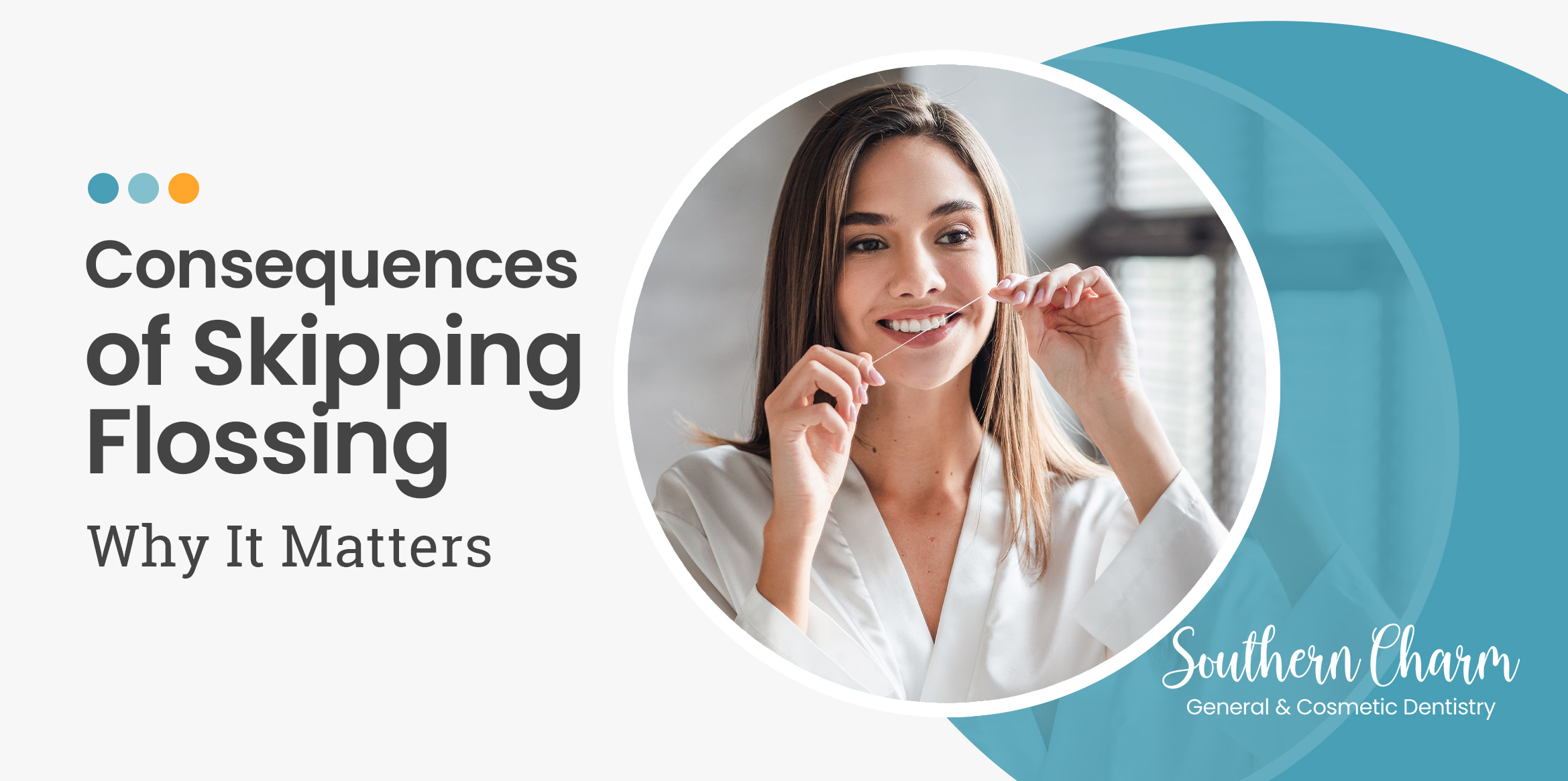Consequences of Skipping Flossing: Why It Matters
Flossing is often an overlooked aspect of dental hygiene. While brushing is a daily ritual for most, flossing can sometimes be neglected. However, skipping this crucial step can lead to significant oral health issues that go beyond just your teeth. Here’s why flossing matters and the consequences of not making it a part of your routine.
The Importance of Flossing: More Than Just Clean Teeth
Flossing does much more than remove food particles stuck between your teeth; it plays a vital role in maintaining overall oral health. When you skip flossing, plaque—a sticky film of bacteria—begins to accumulate in the spaces between your teeth and along your gumline. Over time, this can lead to several serious problems:
1. Gum Disease
One of the first signs of neglecting flossing is the onset of gum disease, starting with gingivitis. You might notice your gums becoming red, swollen, or bleeding when you brush. If left untreated, gingivitis can progress to periodontitis, a more severe form of gum disease that can cause tooth loss and has been linked to other serious health conditions, such as heart disease and diabetes.
2. Tooth Decay
Plaque buildup doesn’t just affect your gums; it can also erode the enamel on your teeth. The acid produced by the bacteria in plaque can cause cavities to form in the spaces between your teeth—areas that are difficult to reach with a toothbrush alone. Regular flossing helps remove this plaque, preventing decay and maintaining strong, healthy teeth.
3. Bad Breath
Food particles and bacteria trapped between your teeth can lead to halitosis, or chronic bad breath. Flossing removes these trapped particles, keeping your breath fresh and your mouth feeling clean.
4. Increased Dental Costs
Skipping flossing can result in more frequent visits to the dentist for treatments such as fillings, deep cleanings, or even more intensive procedures like root canals or tooth extractions. Over time, these costs can add up, making flossing an investment in both your health and your finances.
Making Flossing a Habit
Though it might seem like a small step, flossing has a significant impact on your oral health. By incorporating it into your daily routine, you can avoid the hidden consequences of neglect and enjoy a healthier, brighter smile. Making flossing a regular part of your dental care regimen is one of the simplest and most effective ways to protect your teeth and gums, ensuring long-term oral health and overall well-being.




